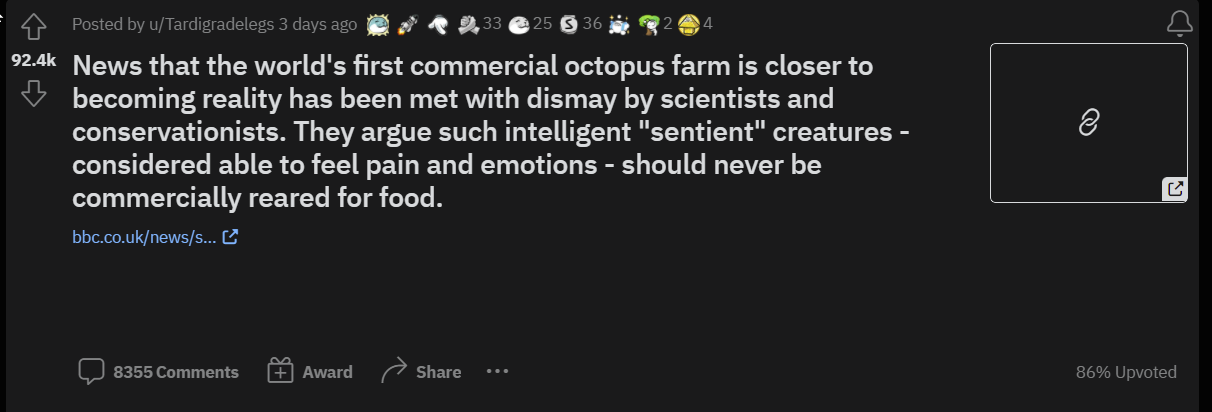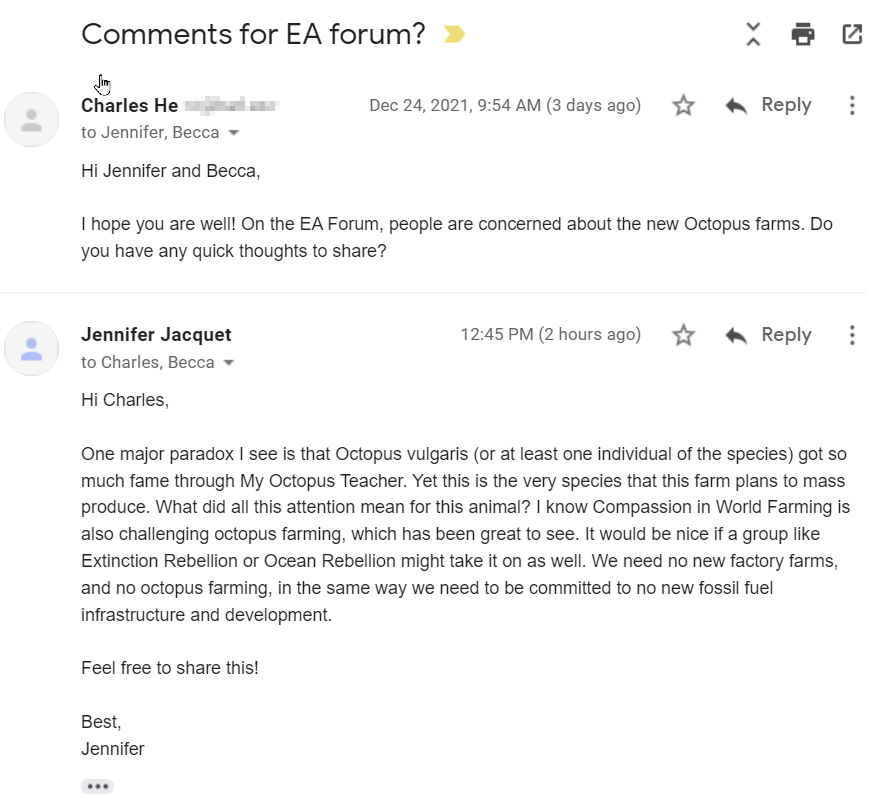(Audio version here, or search for "Joe Carlsmith Audio" on your podcast app.)
> “There comes a moment when the children who have been playing at burglars hush suddenly: was that a real footstep in the hall?”
>
> - C.S. Lewis
“The Human Condition,” by René Magritte (Image source here)
1. Introduction
Sometimes, my thinking feels more “real” to me; and sometimes, it feels more “fake.” I want to do the real version, so I want to understand this spectrum better. This essay offers some reflections.
I give a bunch of examples of this “fake vs. real” spectrum below -- in AI, philosophy, competitive debate, everyday life, and religion. My current sense is that it brings together a cluster of related dimensions, namely:
* Map vs. world: Is my mind directed at an abstraction, or it is trying to see past its model to the world beyond?
* Hollow vs. solid: Am I using concepts/premises/frames that I secretly suspect are bullshit, or do I expect them to point at basically real stuff, even if imperfectly?
* Rote vs. new: Is the thinking pre-computed, or is new processing occurring?
* Soldier vs. scout: Is the thinking trying to defend a pre-chosen position, or is it just trying to get to the truth?
* Dry vs. visceral: Does the content feel abstract and heady, or does it grip me at some more gut level?
These dimensions aren’t the same. But I think they’re correlated – and I offer some speculations about why. In particular, I speculate about their relationship to the “telos” of thinking – that is, to the thing that thinking is “supposed to” do.
I also describe some tags I’m currently using when I remind myself to “really think.” In particular:
* Going slow
* Following curiosity/aliveness
* Staying in touch with why I’m thinking about something
* Tethering my concepts to referents that feel “real” to me
* Reminding myself that “arguments are lenses on the world”
* Tuning into a relaxing sense of “helplessness” about the truth
* Just actually imagining differ




Sometimes, people seem to directly draw a line between intelligence and capacity to suffer. But I don’t think a simple mapping is ideal when considering how to reduce suffering.
To get intuition, it seems that many abilities or traits that we consider to be intelligence don't have anything to do with strength of feeling or suffering. For example, if I can do more math or write better, I doubt that this means my personal suffering from negative stimuli must be higher.
I've worked with people who are smart, they seem to have eidetic memory, extraordinary math theorem proving ability, e.g. things that we consider highly intelligent. From what they say and also their behavior, it seems these faculties are “disjoint” to their other experiences. Despite their abilities, they don’t exist on another plane of consciousness.